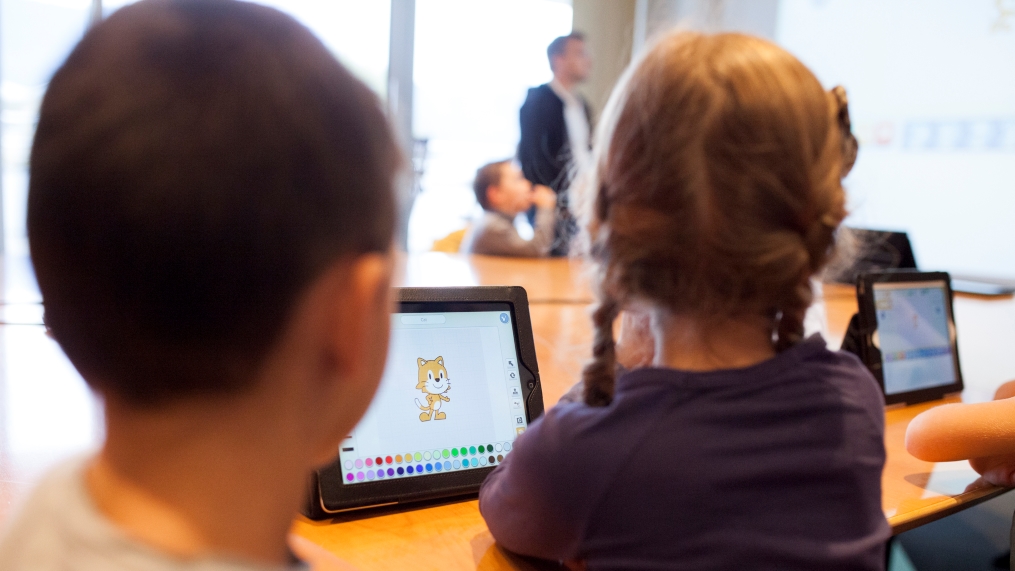Inria unveils its recommendations for the digital transformation of education
Date:
Changed on 20/09/2021

Back in June, Jean-Michel Blanquer, the French Minister for Education, Youth and Sport, launched a consultation in preparation for the General Assemblies on the use of Digital Technology in Education, which are set to be held on 4 and 5 November 2020 in Poitiers.
With the health crisis highlighting the biggest problems facing the sector (the digital divide, a lack of resources for teachers, digital ethics, etc.), the aim was to give a platform to everyone affected by the issue of digital transformation in education, allowing them to express their expectations, suggest new practices or innovations, or simply share their experiences.
In response to this call for contributions, Inria published seven proposals for the digital transformation of education on the event’s participative platform :
Although some of these proposals may have a broader scope, others are targeted more specifically at stakeholders in the education sector, whether teachers, decision-makers, the media, EdTech companies or families.
All of these proposals are taken from the recommendations for the digital transformation of education outlined by the institute in the white paper “Education and Digital Technology : The Challenges”, which is set for its official launch in late November 2020.
Work first began on this 80-page document in mid-2019, and it is divided into five sections: assessing the impact of digital technology on the education sector; identifying the challenges facing the sector; presenting research subjects linked to the use of digital technology in education; analysing the challenges facing the sector in France; and outlining seven recommendations for the digital transformation of education.
Download the white paper “Education and digital technology: the challenges” (French version)
This initiative is very much in keeping with the institute’s desire to strengthen its position on the key societal issue of education through digital technology and education in digital technology. As a public body dealing with research into digital science and technology, Inria has been engaged with the issue of the digital transformation of education for years, through a range of actions linked to education in digital technology: MOOCs dedicated to educating teachers about digital technology (SNT, ICN, etc.), outreach initiatives aimed at bridging the gap between digital science and the wider public, and the deployment of successful projects (such as Class’Code or “1 scientist, one class: No problem! ”). This is not to mention the multiple Inria project teams that have engaged with the subject, most notably Flowers, a joint undertaking with the ENSTA.
These actions and projects echo some of the targets outlined in Inria’s performance agreement, particularly the scientific component linked to lifelong learning, and the outreach component, strengthening ties with the national educational authorities in France. More broadly, Inria’s engagement in this area is geared towards protecting France’s digital sovereignty.